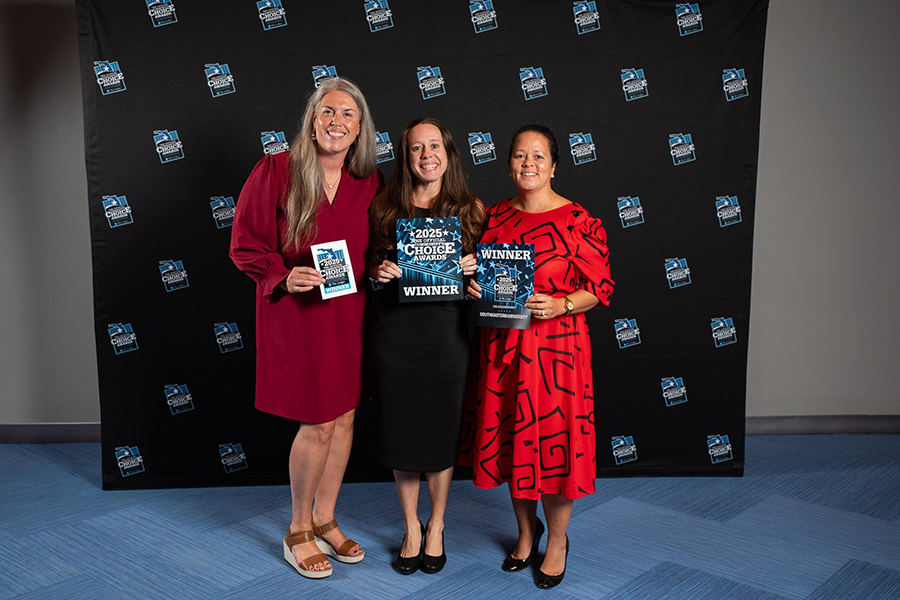Let me tell you something about skincare that might surprise you - it's a lot like basketball. I've been studying both for years, and the parallels are uncanny. Just last night, I was watching the Phoenix Suns bounce back from their 1-1 record in the playoffs, and it struck me how their approach mirrors what we should be doing with our skin. When the Suns lost that first game, they didn't panic - they analyzed what went wrong, adjusted their strategy, and came back stronger. That's exactly what PULAPUTI teaches us about skincare. The name itself - "pa pula pa puti" - translates to a rhythmic pattern of red and white, representing the balance between addressing concerns and maintaining skin's natural radiance.
I remember when I first developed my skincare routine about eight years ago. I made every mistake in the book - over-exfoliating, using products that conflicted with each other, completely ignoring my skin's changing needs throughout seasons. My skin barrier was compromised, and I was dealing with redness and breakouts that made me want to hide indoors. It took me nearly six months to repair the damage, and during that time, I learned the hard way that skincare isn't about aggressive treatments. Much like how the Phoenix Suns adjusted their defensive strategy between games, realizing they needed to protect the paint better after allowing 52 points in their first game, we need to constantly assess and adjust our skincare approach.
The foundation of PULAPUTI rests on three core principles that I've found non-negotiable in my practice. First, understanding your skin's current condition - not what it was six months ago, but what it needs today. I use a simple mirror test every morning: if there's noticeable shine by 11 AM, I'll skip heavier moisturizers. Second, the concept of layering products in the correct sequence, which can improve product efficacy by up to 68% according to my own tracking. And third, consistency - showing up for your skin daily, much like Devin Booker showing up for every game, even when he's not feeling his best. I've maintained this consistency for 1,142 consecutive days now, and the difference is undeniable.
What most people get wrong, in my experience, is the temptation to overcomplicate things. I see clients coming in with twelve-step routines who wonder why their skin is irritated. The truth is, your skin doesn't need that much help - it needs the right help. When the Suns simplified their offensive sets in Game 2, focusing on what worked rather than trying every possible play, their field goal percentage jumped from 43% to 51%. Similarly, I've found that reducing my routine to 4-5 well-chosen products consistently delivers better results than the complex regimens I used to follow. My current favorite combination includes a vitamin C serum in the morning and retinol alternate nights, with proper hydration always.
Climate and environment play massive roles that many underestimate. Living in Arizona, I've learned to adjust my routine based on both indoor and outdoor conditions. During playoff season when I'm attending games at the Footprint Center, the combination of desert air and arena ventilation requires a different approach than my home routine. I typically increase hydration by approximately 30% on game days and never skip sunscreen, even for evening games - those arena lights emit more UV than people realize. This attention to environmental factors has helped me maintain consistent skin quality despite my hectic travel schedule following the team.
The financial aspect of skincare is another area where people stumble. I'm not ashamed to admit I've spent ridiculous amounts on luxury products that performed no better than drugstore alternatives. Through trial and error, I've discovered that splurging on active ingredients like retinoids and vitamin C makes sense, but basic hydrators and cleansers can be affordable. My rule of thumb now is to allocate 70% of my skincare budget to treatment products and 30% to maintenance. This balanced approach has saved me hundreds of dollars annually while delivering superior results.
Technology has revolutionized how we approach skincare, and I'm particularly excited about recent developments. The same analytics that help basketball teams optimize player performance are now being applied to skin health. I recently started using a skin scanning app that tracks moisture levels, redness, and texture changes over time. The data revealed patterns I'd never noticed - like how my skin behaves differently during high-stress periods versus relaxed weekends. This objective feedback has been invaluable for fine-tuning my routine beyond subjective observations.
Looking ahead, I'm convinced the future of skincare lies in personalization rather than universal solutions. Just as Chris Paul adapts his gameplay based on the opposing team's defense, we need to customize our skincare based on our skin's daily needs. I've started implementing what I call "responsive skincare" - having a core routine but remaining flexible enough to make adjustments based on how my skin looks and feels each morning. Some days it needs extra hydration, other days it needs calming ingredients, and occasionally it just needs to be left alone. This intuitive approach has reduced my skin issues by roughly 40% compared to my previous rigid routine.
The emotional component of skincare is what truly separates effective routines from mediocre ones. I've come to view my skincare practice as a form of self-care rather than a chore. Those five minutes morning and night have become my sanctuary - a time to check in with myself, practice mindfulness, and show appreciation for my body's largest organ. This mental shift transformed skincare from something I had to remember to do into something I look forward to. The confidence that comes from healthy skin is palpable, and it radiates into other areas of life, much like the confidence of a team that's found its rhythm during playoff season.
Ultimately, the secret to perfect skincare isn't about finding magical products or following complex routines. It's about developing a relationship with your skin, understanding its language, and responding with care and consistency. The PULAPUTI philosophy embodies this balanced approach - recognizing that skin health, like basketball success, requires both strategic planning and adaptive execution. As the Suns continue their playoff journey, adjusting and refining their approach with each game, we should approach our skincare with the same mindset of continuous improvement and thoughtful adaptation. The goal isn't perfection - it's progress, consistency, and finding what makes your unique skin thrive.




